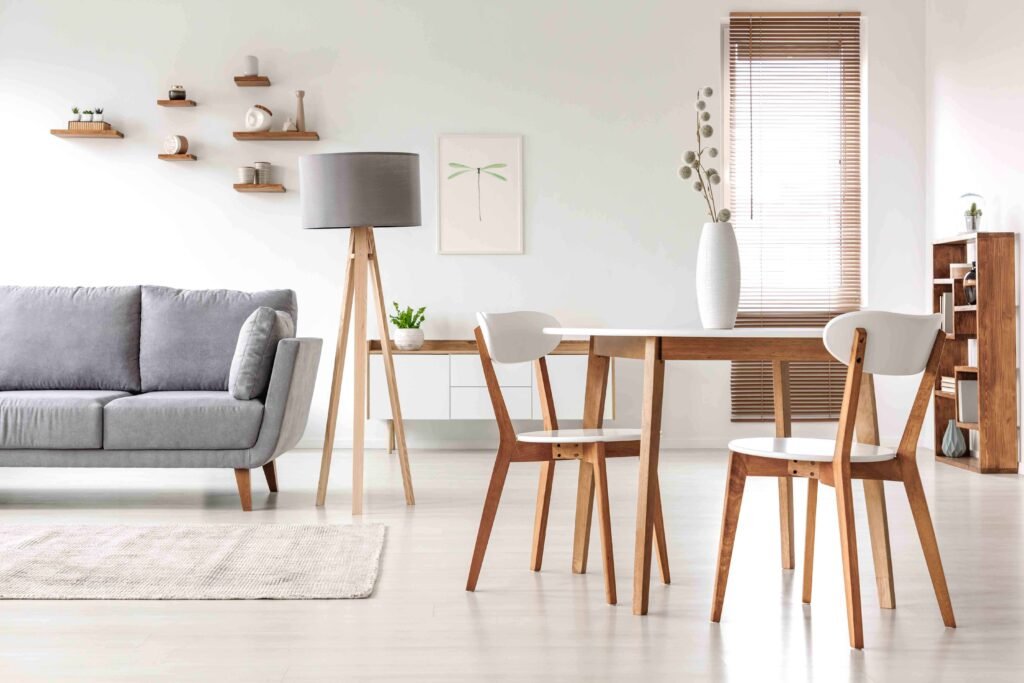Have you ever been irritated by the sounds of different creaks and squeaks in your house? These are the noises that can disturb your tranquility thus making it hard to be calm and composed. What if you could turn your living space into a soundproof heaven? Isolating a living space ultimately increases one’s level of comfort, and there is no better example than using plywood.
Why Soundproofing Matters
Soundproofing is not simply a process of eliminating unwanted sounds; it signifies the provision of a peaceful place to relax. For people who live in a house with a large family or a noisy neighborhood, sound insulation is a god-sent invention. It increases privacy, decreases stress, and is even beneficial for the quality of your sleep.
The Basics of Plywood
Plywood is a general term that refers to a manufactured timber product made of many thin layers of wood veneer joined together with glue. It is constructed in layers, and this makes it quite strong and very hard to pull apart or break.
Although commonly used for construction purposes, it is rarely considered for its ability to act as a sound insulator. The multi-ply structure present in the plywood sheets offers great noise insulation thus ensuring one constructs a quieter house.
How Plywood Enhances Soundproofing
The structure of plywood also plays a part in preventing sound vibrations from penetrating through the material. When sound waves reach a surface, they make the surface vibrate and spread the noise.
Solid wood or any other material cannot handle these vibrations in the same way as plywood with several layers does. This absorption minimizes the amount of noise that is allowed to penetrate the building, making the indoor environment less noisy.
Uses of Plywood in Sound Insulation
Laying it in homes as a subfloor over wooden floors is also beneficial in reducing sounds such as footsteps and other impacts. Incorporating it in wall and ceiling construction can minimize airborne noise from outside or adjacent rooms. To get even better results you can add plywood with other soundproofing materials such as acoustic panels or insulation.
Advantages Over Other Materials
It can be seen that plywood has some advantages over other types of soundproofing materials available on the market. It offers more than noise control; it is more hard-wearing and is capable of offering additional support to the structure.
It is also easier to install thereby increasing its versatility than copper as it can be bent into any shape that is desired. Furthermore, plywood is cheap to buy and very efficient in the quantity of soundproofing it offers as per its price.
Selecting Material and Type of Plywood to Use :
While choosing plywood specifically for sound insulation, it is wise to use fine-quality sheets. Ensure the ply is of the right number of layers and that it is not defective in any possible way.
It is also important that the thickness of the plywood used is ¾ inch or better still 1 inch because the thicker the plywood the better its soundproofing quality. If you are still unsure as to which option is the most suitable for your particular situation, you should always consult with a specialist.
Conclusion
The use of Plywood in your home is a great way to improve on the acoustic that is needed to make the house soundproof, as it still can support the structure of a house. That is why it is much better than others because it can be applied to any living space and guarantee the desired result. Some of the top quality plywood that CenturyPly provides include their range of products that can be used for soundproofing.
CenturyPly is among the most famous and quality plywood suppliers with highly resistant, reliable, and high-performing ply. Upgrade your home for a guaranteed acoustic experience by using the finest range of plyboards from CenturyPly.



More Stories
Represent Hoodie: Fashion is Far More Than
Why Balenciaga’s Triple S Sneakers Are So Popular
Sp5der Hoodie: Fashion is Far More Than Just